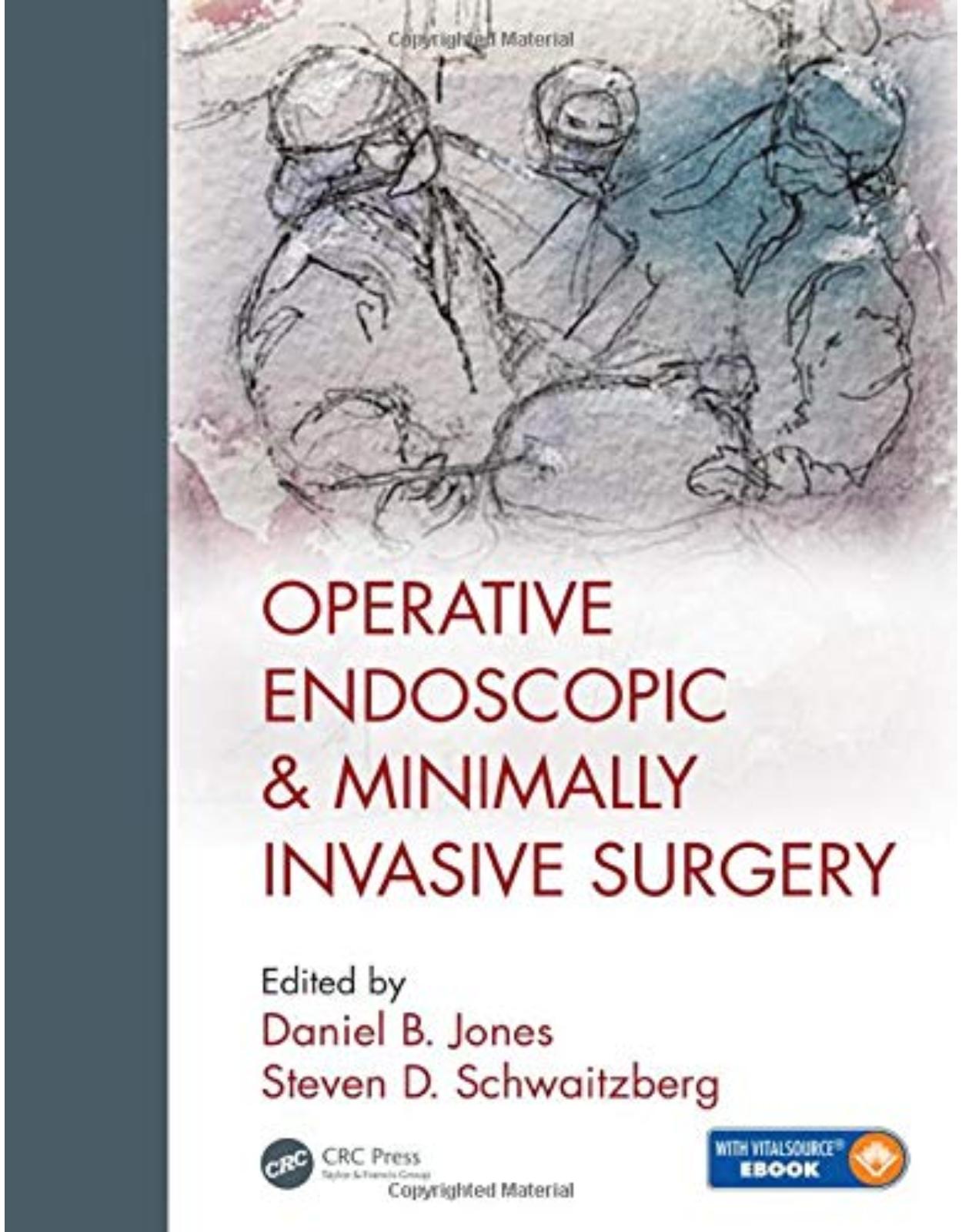
Operative Endoscopic and Minimally Invasive Surgery
Livrare gratis la comenzi peste 500 RON. Pentru celelalte comenzi livrarea este 20 RON.
Disponibilitate: La comanda in aproximativ 4 saptamani
Editura: CRC Press
Limba: Engleza
Nr. pagini: 774
Coperta: Hardcover
Dimensiuni: 21.59 x 3.81 x 27.94 cm
An aparitie: 28 Feb. 2019
Description:
This is a new reference edited by two leading authorities in the field of minimally invasive surgery that differentiates itself from other similar titles by providing a stronger emphasis on incorporating newer technologies. The book discussed the incorporation of flexible endoscopy into surgical practice, harvesting the expertise of gastroenterologists and surgical endoscopists. It also discusses minimally invasive operative procedures such as laparoscopically assisted vaginal hysterectomy.
Table of Contents:
Section I: Minimally invasive surgery in the modern health care environment
1. Cost implications in minimally invasive surgery
2. Enhanced recovery programs in minimally invasive surgery
Section II: Flexible endoscopy
3. Training and privileging surgeons and gastroenterologists in endoscopy
4. Anesthetic challenges in the gastrointestinal suites
5. Diagnostic upper gastrointestinal endoscopy
6. Diagnostic upper endoscopy II: Endoscopic ultrasound
7. Dilatation and stenting
8. Therapeutic upper endoscopy II: Treatment of Barrett esophagus
9. Therapeutic upper endoscopy III: Treatment of gastroesophageal reflux
10. Endoscopic mucosal resection, endoscopic submucosal dissection, and endoscopic full-thickness resection in the upper gastrointestinal tract
11. Endoscopic procedures for morbid obesity
12. Therapeutic upper endoscopy VI: Revisional bariatric techniques—Suturing, scleraltherapy
13. Therapeutic upper endoscopy VII: Management of perforations and fistula
14. Therapeutic upper endoscopy VIII: Management of upper gastrointestinal bleeding
15. Diagnostic lower endoscopy I
16. Lower endoscopy therapeutic dilation and stenting
17. Transanal endoscopic microsurgery
18. Transanal minimally invasive surgery
19. Diagnostic lower endoscopy
20. Endoscopic procedures of the pancreas for complications of pancreatitis
21. Endoscopic procedures of the biliary tree
22. Endoscopy assistance in laparoscopic technique
Section III: Natural orifice surgery
23. Transvaginal access for natural orifice transluminal endoscopic surgery
24. Percutaneous endoscopic gastrostomy
25. Peroral endoscopic myotomy (POEM) for achalasia
26. Transvaginal cholecystectomy
27. Transvaginal appendectomy
28. Natural orifice surgery: Colectomy
Section IV: Preparation for minimally invasive surgery
29. Telementoring in minimally invasive surgery
30. Objective metrics in the simulation of minimally invasive surgery
31. Virtual reality simulation in minimally invasive surgery
32. Training and credentialing in laparoscopy, including the Fundamental Use of Surgical Energy
33. Measuring quality in minimally invasive surgery
34. How the commitment to patient safety impacts operative practice in minimally invasive surgery
35. Three-dimensional transesophageal echocardiography in minimally invasive cardiac surgery
36. The impact of skills warm-up in minimally invasive surgery
37. The role of mental training in minimally invasive surgery
38. The ergonomic minimally invasive surgical/endoscopy suite
39. Energy sources in minimally invasive surgery
40. Anesthesia for laparoscopy: What does a surgeon need to know?
Section V: Access and imaging in minimally invasive surgery
41. Access in minimally invasive surgery
42. Single port and reduced port access
43. Diagnostic laparoscopy for benign and malignant disease
44. Laparoscopic ultrasound in surgery
45. Three-dimensional printing development and medical applications
Section VI: Minimally invasive treatment of esophageal disease
46. Anatomic and physiologic tests of esophageal function
47. 360° Fundo
48. Laparoscopic partial fundoplication
49. Laparoscopic placement of external magnetic antireflux ring
50. Laparoscopic antireflux esophageal lengthening procedure
51. Laparoscopic repair of paraesophageal hernia
52. Reoperative surgery after fundoplication
53. Laparoscopic treatment of achalasia
54. Robotic approach to achalasia
55. Laparoscopic treatment of esophageal diverticula
56. Laparoscopic transhiatal esophagectomy for curative intent
57. Minimally invasive Ivor Lewis method for resection of esophageal cancer
Section VII: Minimally invasive treatment of gastric disease
58. Peptic ulcer disease
59. Resection of nonadenomatous gastric tumors
60. Laparoscopic resection for treatment of gastric cancer
61. The laparoscopic placement of feeding tubes
Section VIII: Laparoscopic treatment of morbid obesity
62. The impact of obesity epidemic: Relationship between body mass index and 30-day mortality risk
63. Laparoscopic adjustable gastric banding
64. Laparoscopic Roux-en-Y gastric bypass
65. Laparoscopic sleeve gastrectomy
66. Laparoscopic management of bariatric surgery complications
67. Laparoscopic reoperative bariatric surgery
68. Video-assisted thoracoscopic vagotomy for marginal ulcers
69. Intragastric balloon
Section IX: Minimally invasive treatment of hepatobiliary disease
70. Laparoscopic cholecystectomy and intraoperative biliary imaging
71. Laparoscopic common bile duct exploration
72. Laparoscopic left hepatectomy
73. Totally laparoscopic right hepatectomy
74. Laparoscopic hepatectomy: The Glissonian approach
75. Ablative treatment of liver tumors
76. Robotic approach to hepatic resections
77. Laparoscopic staging for pancreatic malignancy
78. Robot-assisted minimally invasive pancreaticoduodenectomy
79. Laparoscopic pancreaticoduodenectomy (Whipple)
80. Laparoscopic distal pancreatectomy
81. Laparoscopic surgery of the spleen
Section X: Minimally invasive approach to endocrine disease
82. Laparoscopic adrenalectomy
83. Endoscopic approaches to the thyroid and parathyroid glands
84. Laparoscopic resection of endocrine pancreatic neoplasms
Section XI: Minimally invasive approach to disease of the gastrointestinal tract
85. Laparoscopic treatment of diseases of the small bowel
86. Laparoscopic surgery of the appendix
87. Laparoscopic surgery for benign disease of the colon: Diverticulitis
88. Laparoscopic resection for carcinoma of the colon
89. Laparoscopic total mesorectal excision
90. Laparoscopic treatment of inflammatory bowel disease
91. Robotics in colon and rectal surgery
92. Hand-assisted colectomy techniques
93. Minimally invasive therapies for fecal incontinence
Section XII: Laparoscopic approach to inguinal and abdominal wall hernia
94. Laparoscopic totally extraperitoneal hernia repair
94A Technique of transanal-assisted colon resection and rectopexy
95. Laparoscopic transabdominal preperitoneal inguinal hernia repair
96. Laparoscopic component separation
97. Biomaterial considerations in laparoscopic hernia repair
98. Laparoscopic incisional and ventral hernia repair
99. Robotic transabdominal preperitoneal inguinal hernia repair
100. Robotic ventral hernia repair
101. Laparoscopic repair of recurrent inguinal hernia
102. Laparoscopic repair of sports hernia
103. Laparoscopic robotics
Section XIII: Thoracoscopy
104. Thoracoscopic surgery of the mediastinum and esophagus
105. Video-assisted thoracic surgery lobectomy
Section XIV: Other minimally invasive abdominal/retroperitoneal procedures
106. The role of robotics in minimally invasive urologic surgery
107. Laparoscopic nephrectomy for malignancy
108. Laparoscopic donor nephrectomy
109. Laparoscopic approaches to aortic vascular disease
110. Laparoscopic median arcuate ligament release
111. Minimally invasive approach to retroperitoneal collections in necrotizing pancreatitis
Section XV: Pediatric laparoscopy and endoscopy
112. Pediatric laparoscopy: General considerations
113. Laparoscopic hernia repair in children
114. Laparoscopic treatment of reflux in children
115. Laparoscopic treatment of benign gastrointestinal disease in children
Section XVI: Image guided surgery
116. Surgical procedures performed in radiology suites
117. Augmented reality
Section XVII: Essay on issues in minimally invasive surgery
118. The challenges and solutions of performing minimally invasive surgery in underdeveloped environments
119. Essay: The future of robotics in minimally invasive surgery
120. Essays on the future of endoscopic surgery: Redefining, future training, and credentialing pathways
Index
| An aparitie | 28 Feb. 2019 |
| Autor | Daniel B. Jones (Editor), Steven Schwaitzberg M.D. |
| Dimensiuni | 21.59 x 3.81 x 27.94 cm |
| Editura | CRC Press |
| Format | Hardcover |
| ISBN | 9781498708302 |
| Limba | Engleza |
| Nr pag | 774 |
-
1,18800 lei 95100 lei
-
1,18400 lei 1,05700 lei

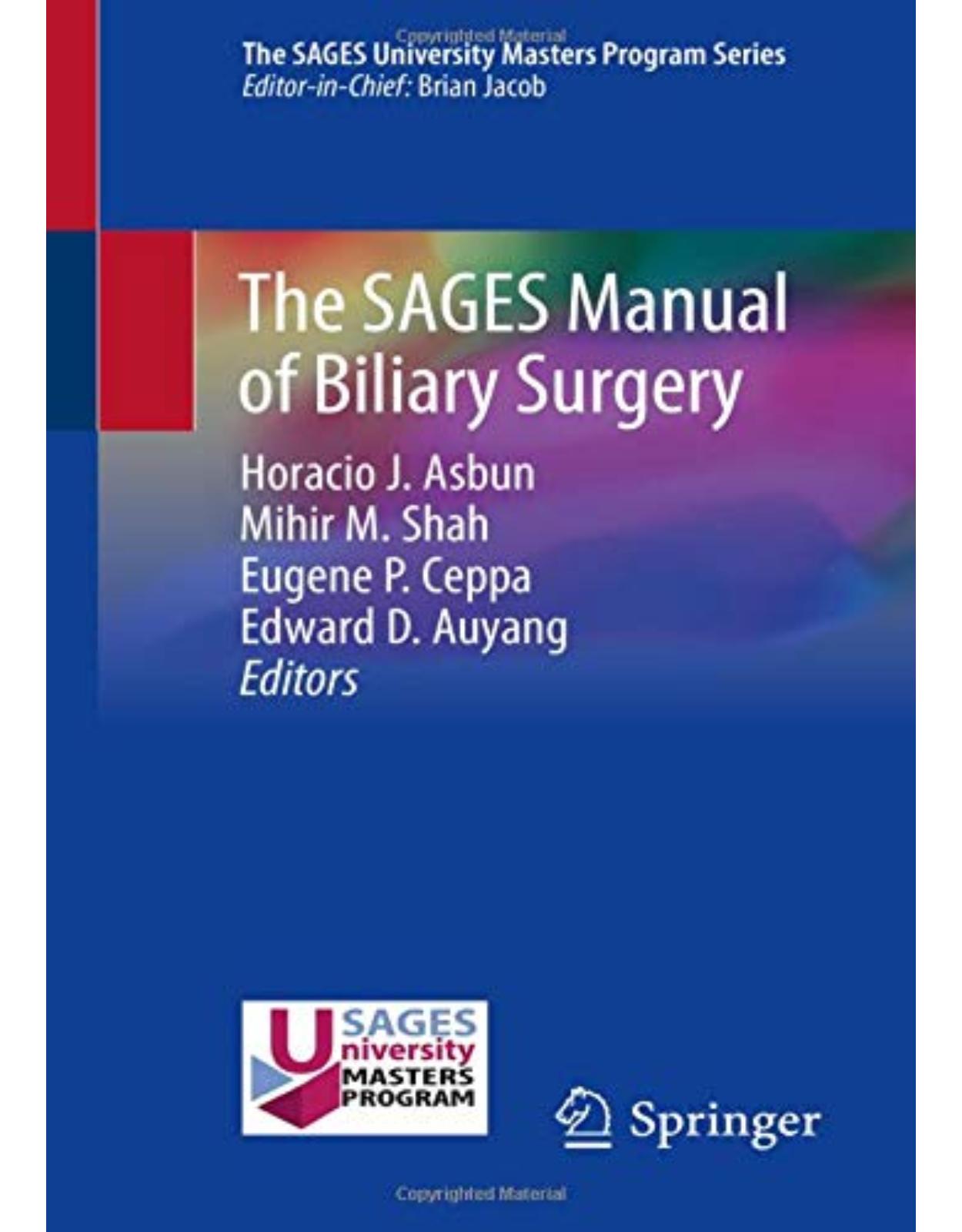
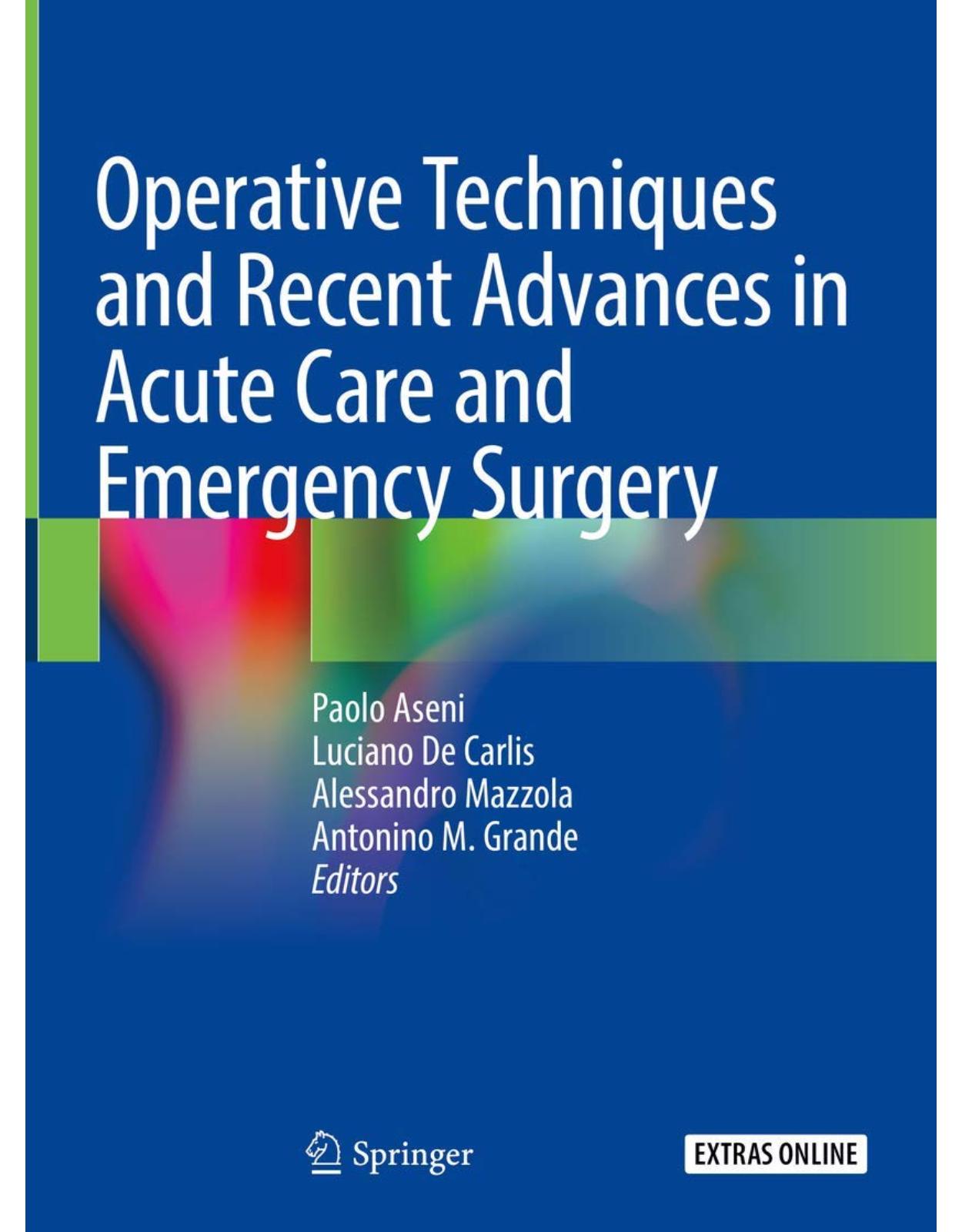
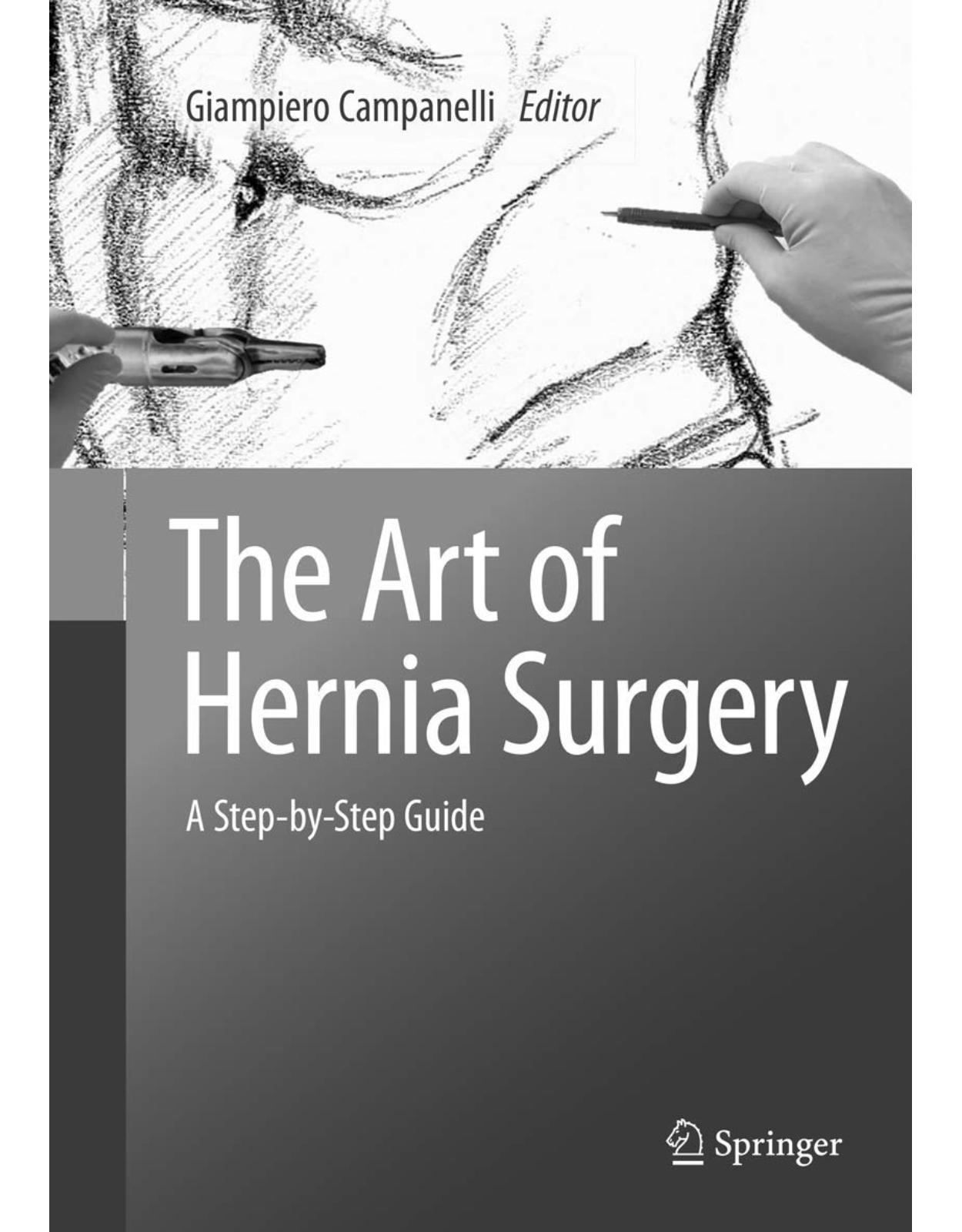
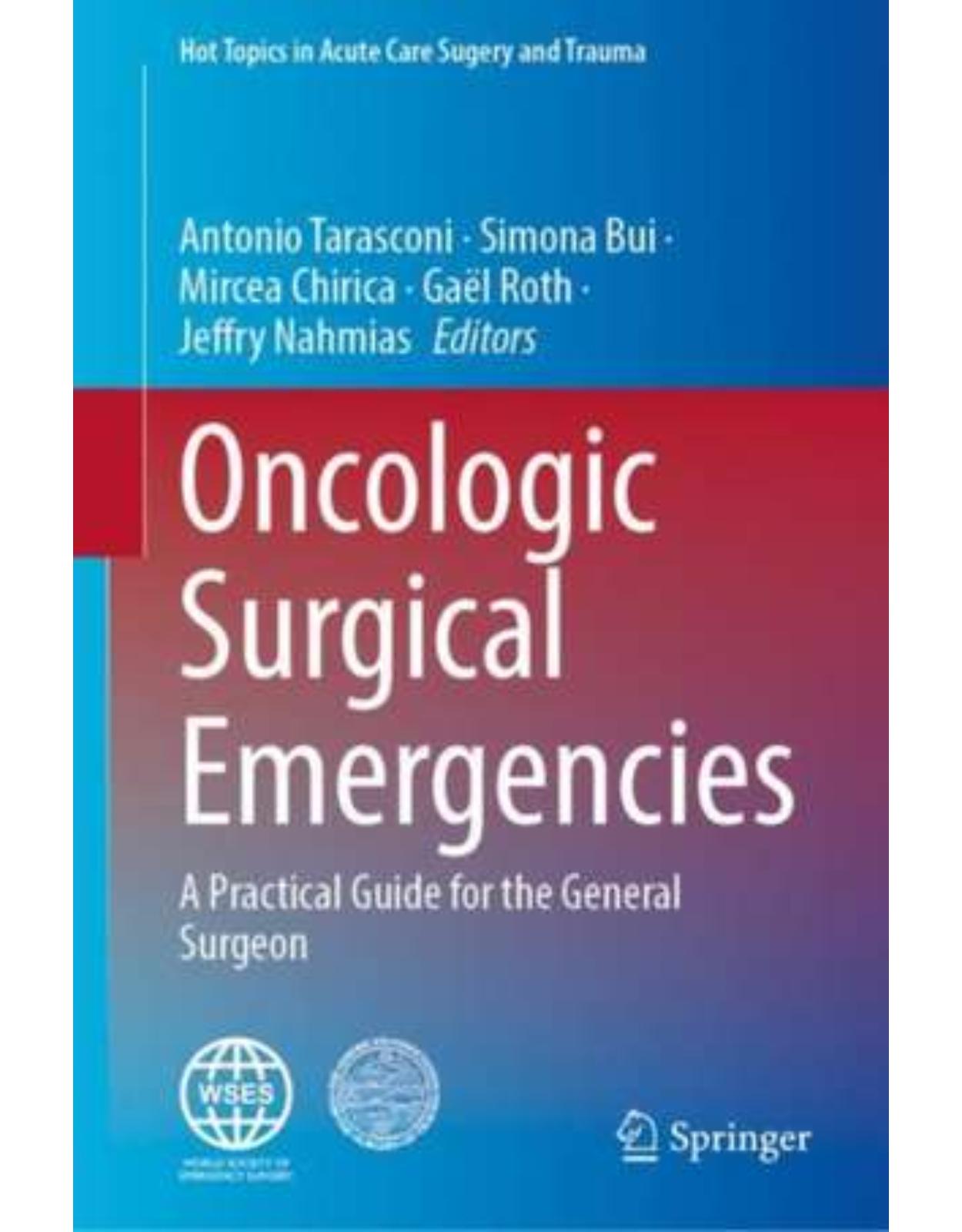
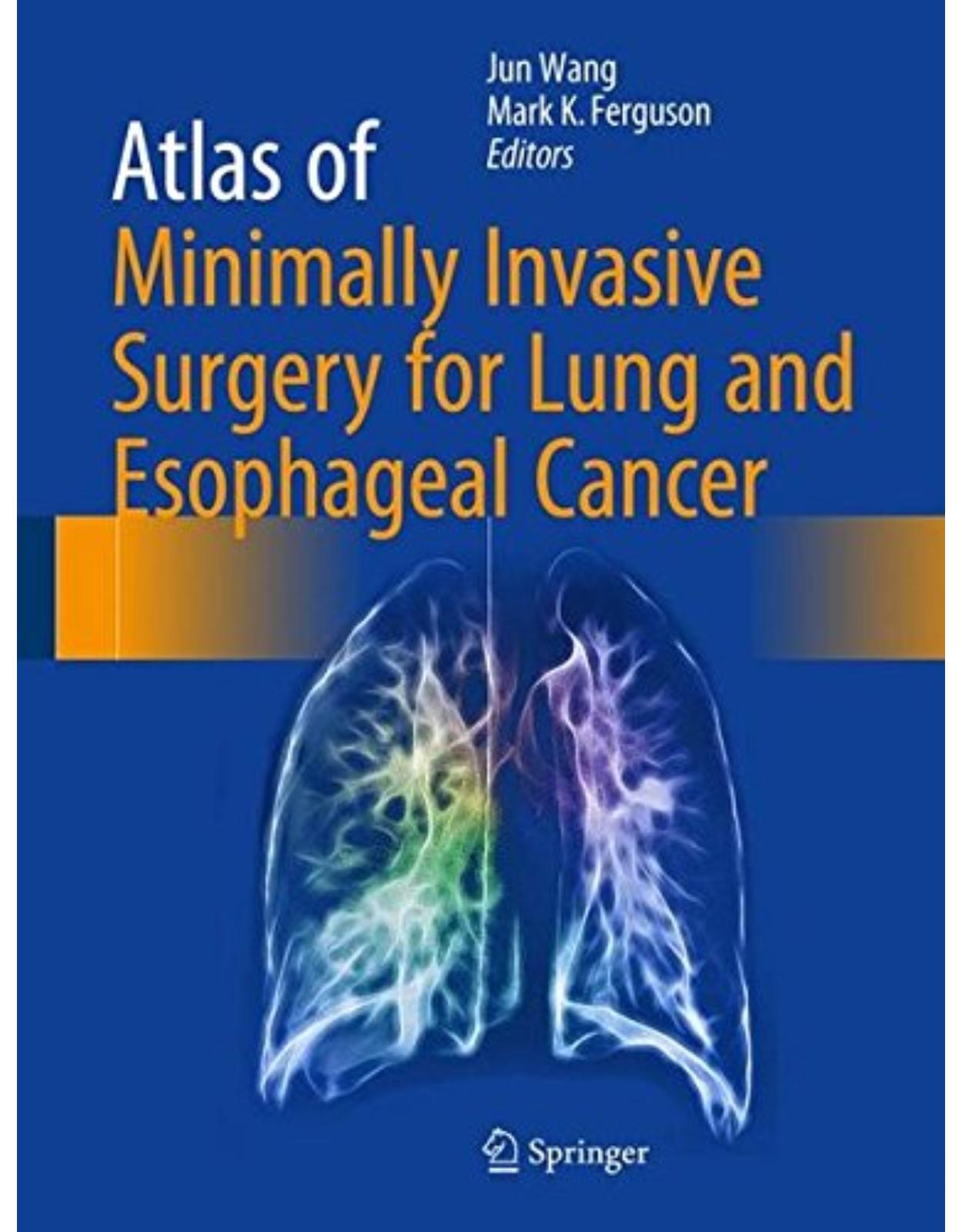
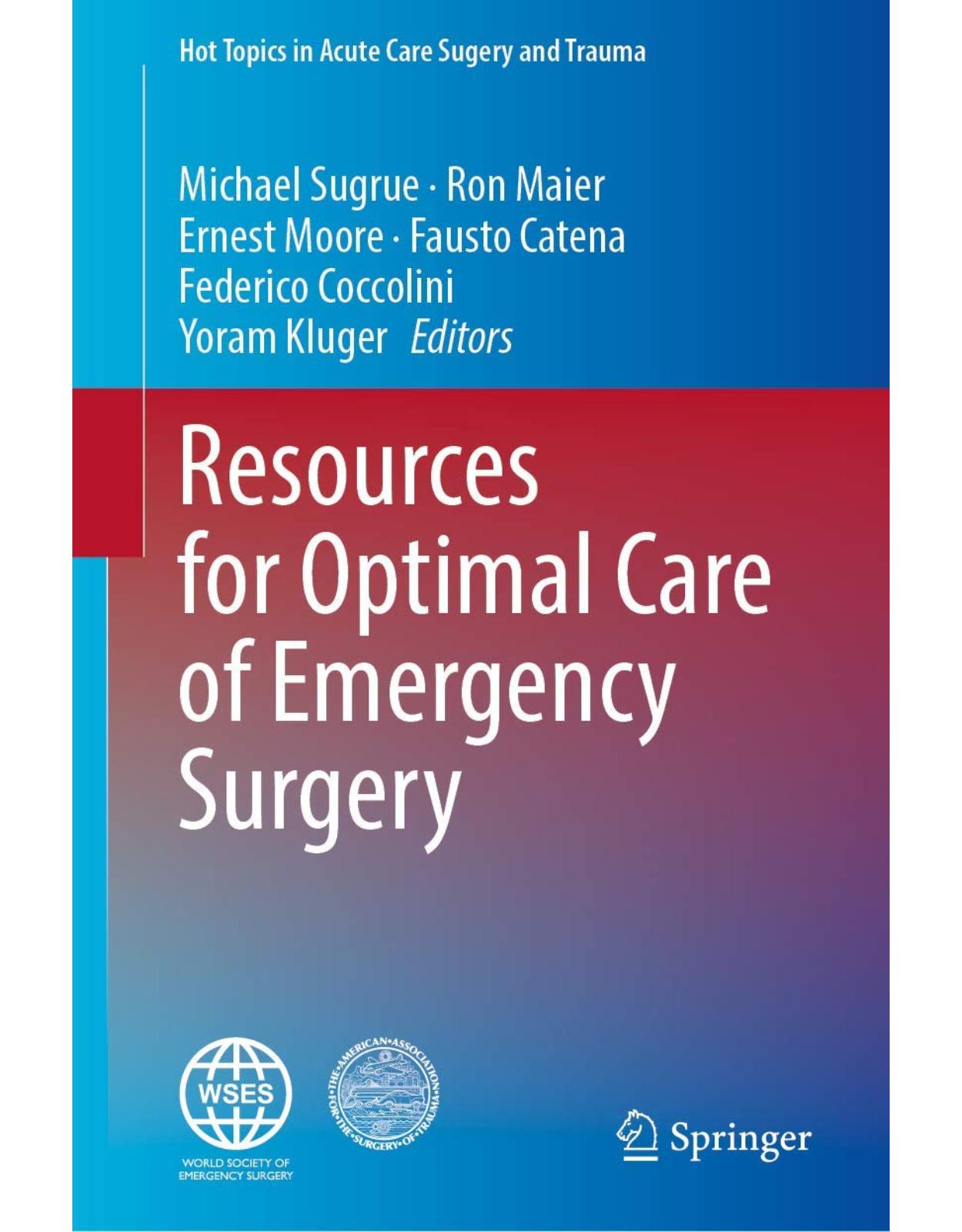
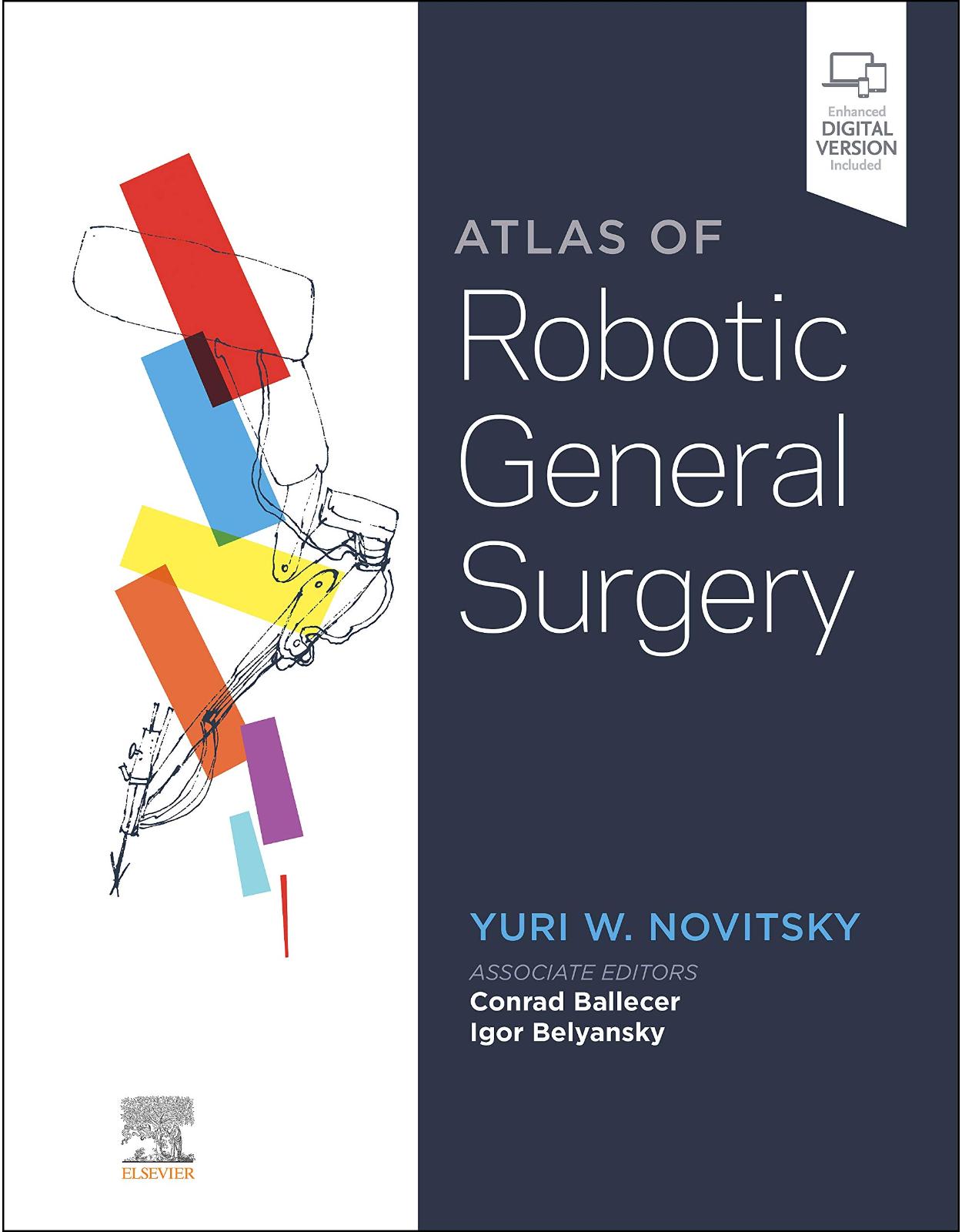
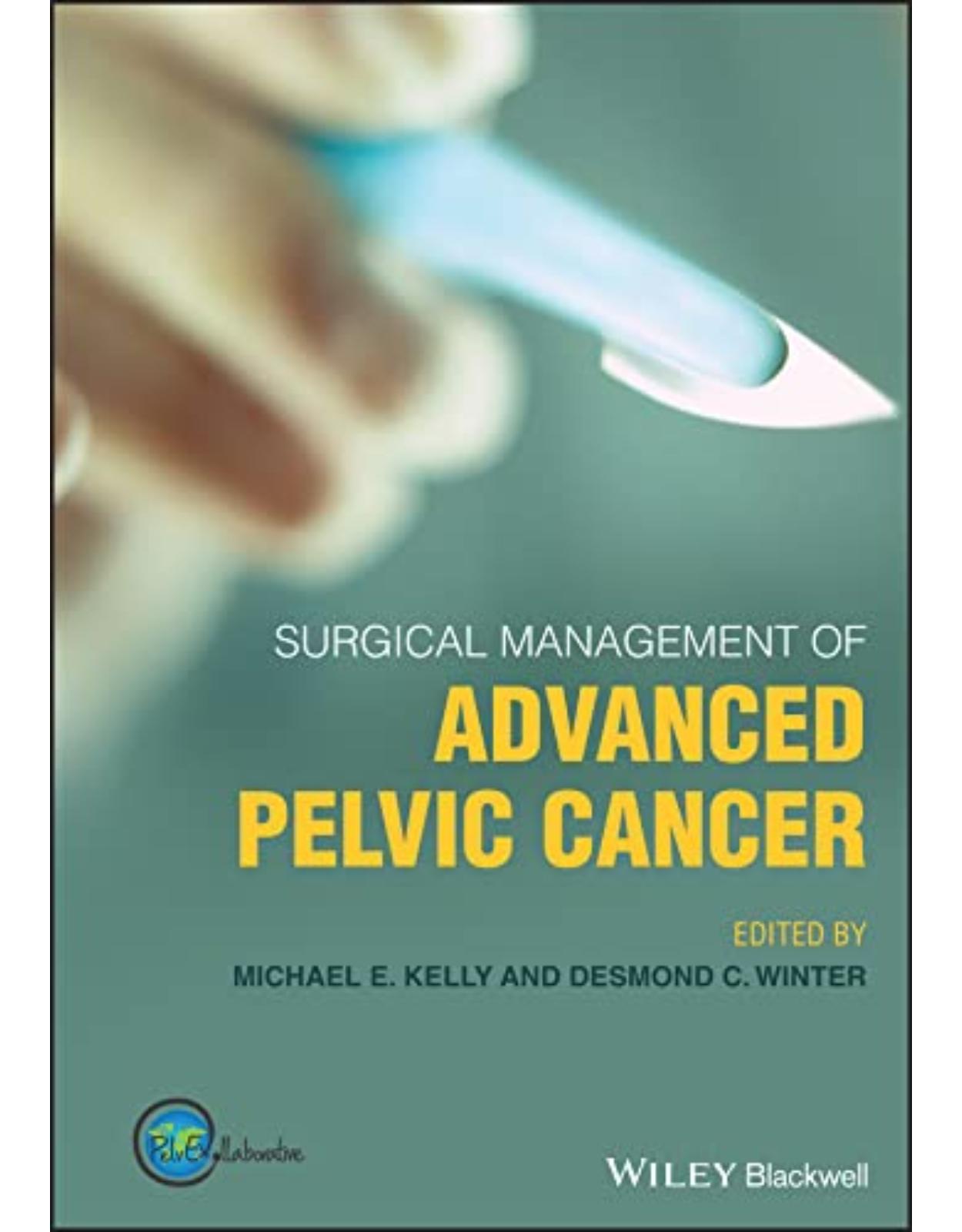
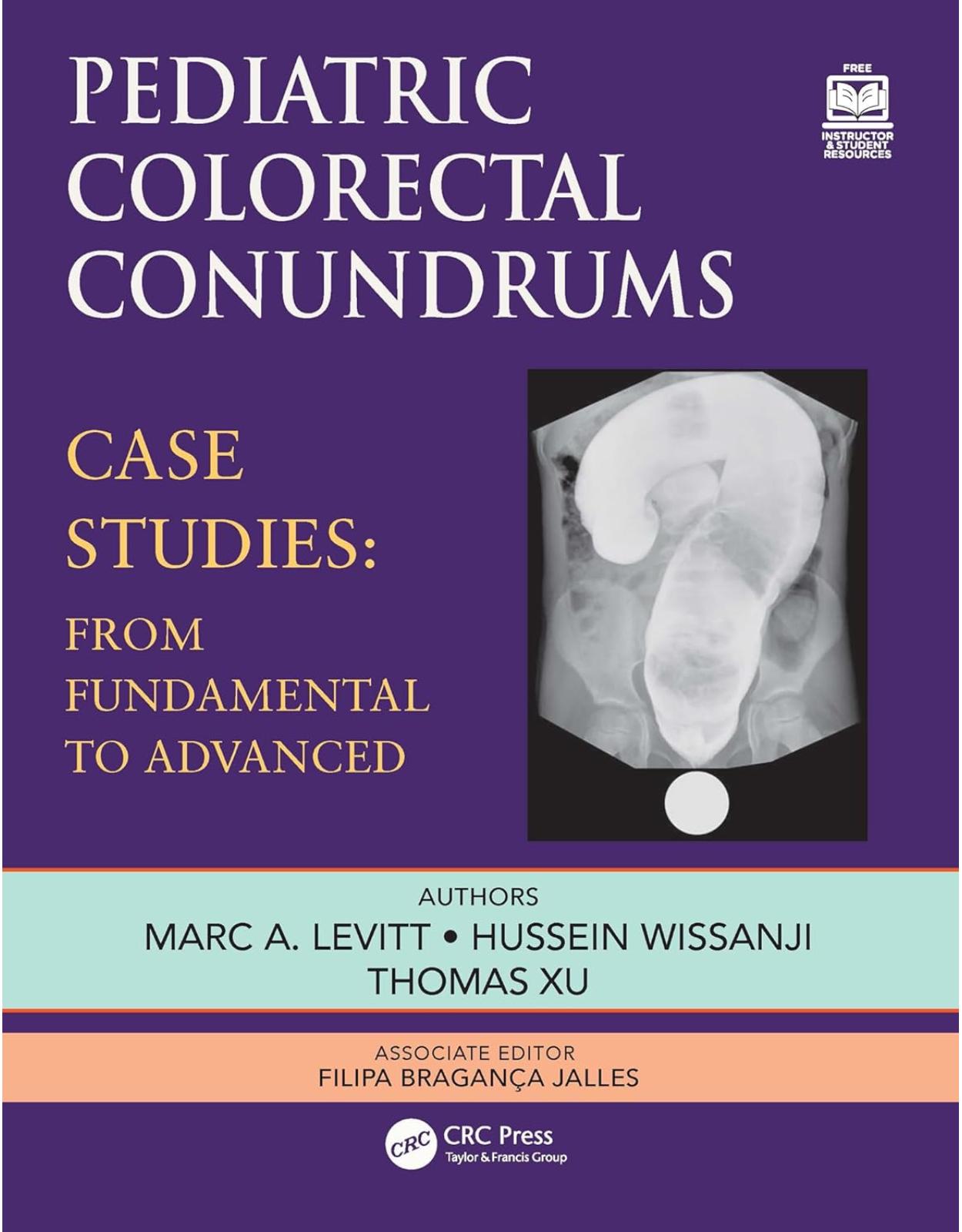
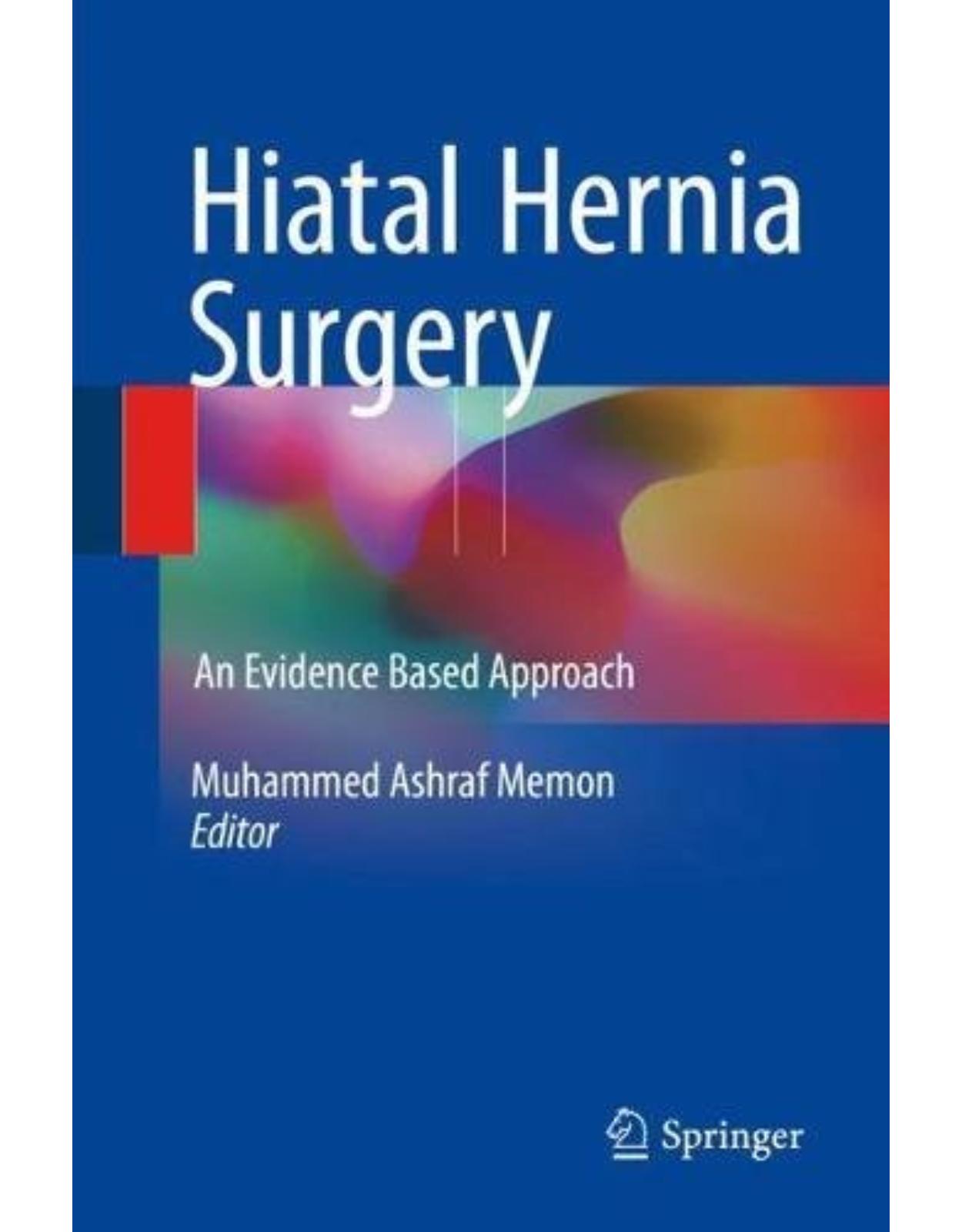

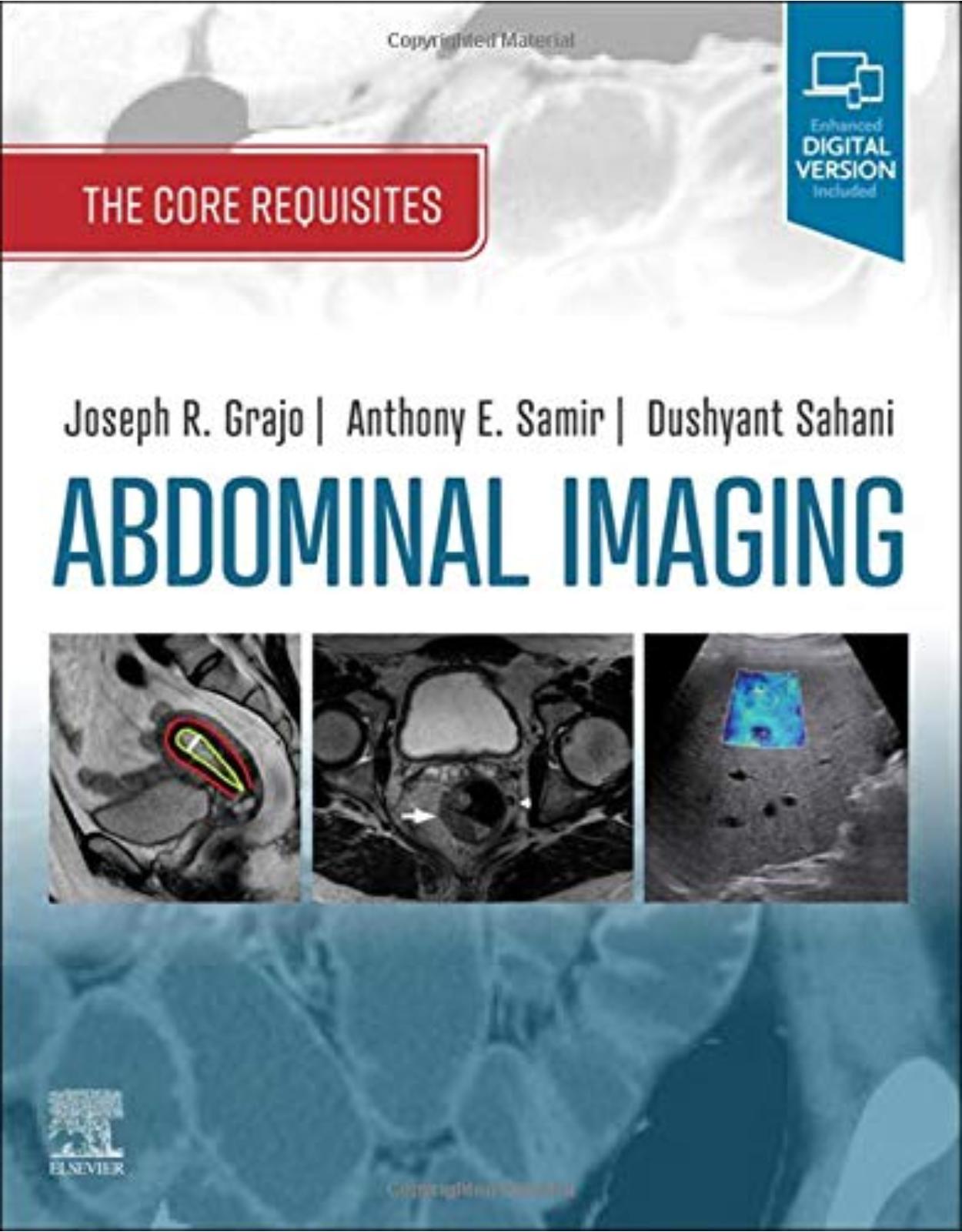
Clientii ebookshop.ro nu au adaugat inca opinii pentru acest produs. Fii primul care adauga o parere, folosind formularul de mai jos.